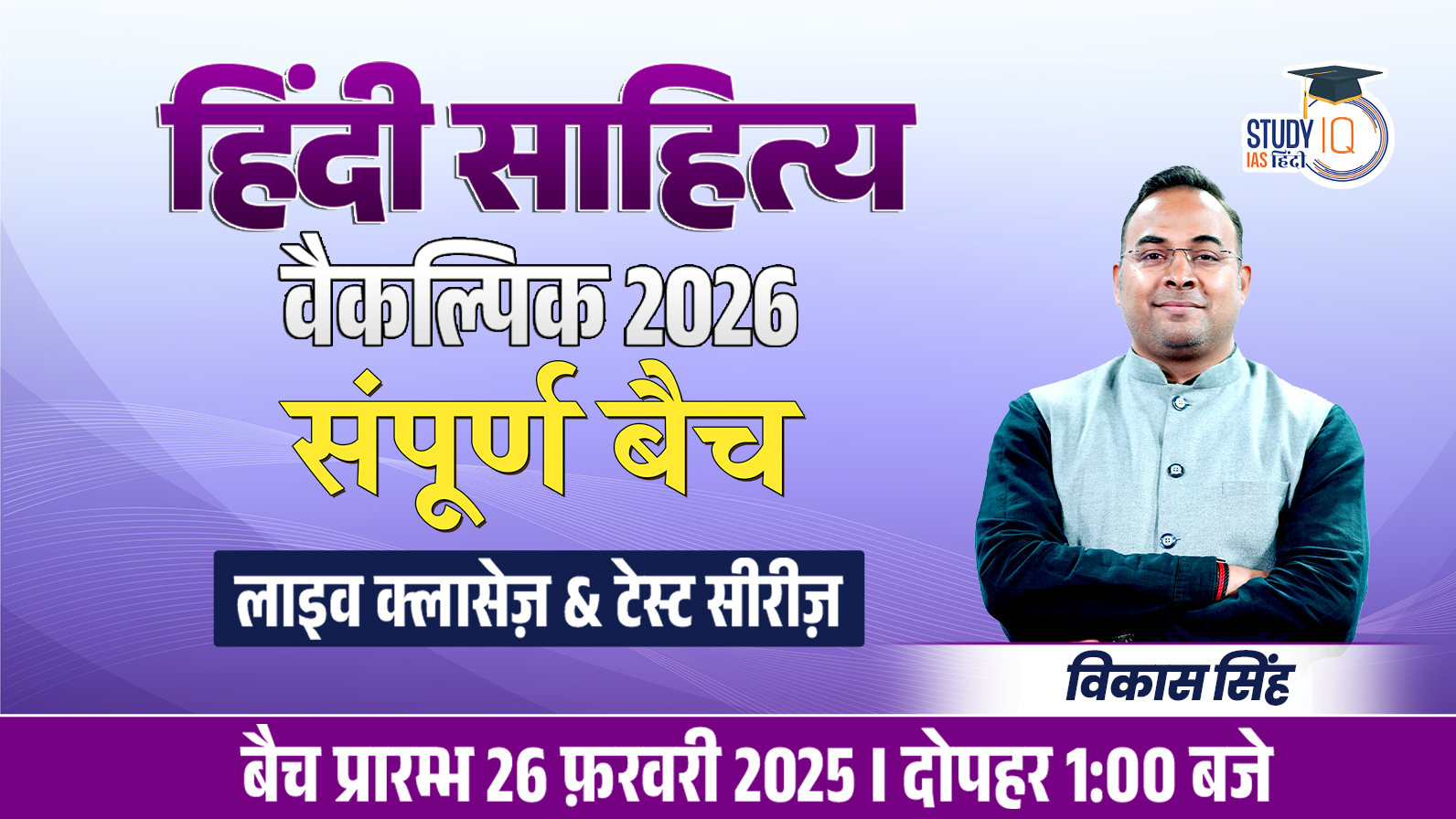Table of Contents
Introduction
- Millets, also known as superfoods, can be grown on arid lands with few inputs. As global agrifood systems struggle to feed a growing population, resilient cereals like millets offer an affordable and nutritious alternative.
OR
- The United Nations (UN) General Assembly at its 75th session declared 2023 the International Year of Millets (IYM2023).
Role of millets in ensuring health
- Prevention of lifestyle diseases: Rich in dietary fibre, antioxidants, and essential minerals like magnesium, iron, and phosphorus.
- E.g.: Millet-based diets helped reduce HbA1c levels (a key marker for diabetes control) by 17% in trial groups in Karnataka. (Journal of food science and technology).
- Boosting Immunity: Rich in vitamins like B-complex and minerals such as zinc and selenium, crucial for immune function.
- E.g.: Pearl millet (bajra) is recommended for its high zinc content.
- Gluten-free alternative: Millets are naturally gluten-free, making them an ideal food for those with gluten intolerance or celiac disease.
- E.g.: According to the National Institute of Nutrition (NIN), about 1% of the Indian population suffers from gluten sensitivity.
Role of millets in nutritional security
- Rich source of essential nutrients: Millets are highly nutritious, offering high levels of protein, fibre, iron, calcium, and vitamins.
- E.g.: Finger Millet (Ragi)– Rich in calcium, making it excellent for bone health.
-
- Pearl Millet (Bajra)- High in iron, which helps combat anaemia.
- Alleviating hidden hunger: refers to micronutrient deficiencies that affect a large portion of the population.
- E.g.: According to the World Health Organisation, nearly 30% of Indian women (15-49 years of age) suffer from iron deficiency anaemia.
- Food security: drought-resistant and can grow in poor soil conditions with minimal water, making them a sustainable option for ensuring food security.
-
- E.g.: In Maharashtra and Rajasthan, millet cultivation has been promoted to support farmers in drought-prone areas.
Conclusion
While Millets are the ancient foods of human civilization, they have long lost their significance in the light of commercialization and food security. Designated as “poor man’s food”, the foremost thing to do is to change the perception about Millets (for e.g. by calling it Sri Anna/introduction in mid day meals) and match production with demand.


 Best UPSC Online Coaching 2025, Join Stu...
Best UPSC Online Coaching 2025, Join Stu...
 UPSC Previous Year Question Papers, Down...
UPSC Previous Year Question Papers, Down...
 UPSC Apply Online 2025, Last Date to App...
UPSC Apply Online 2025, Last Date to App...





















